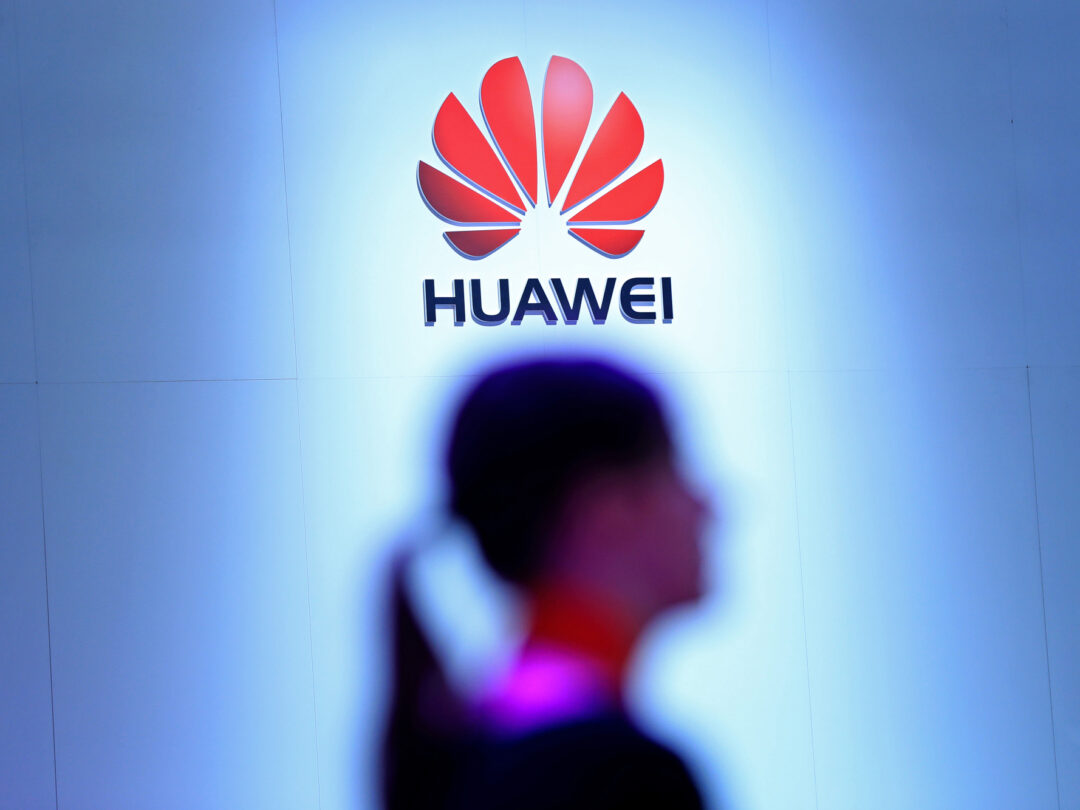
The U.S. Department of Defense is banning the purchase of telecommunications equipment and services from suppliers with ties to China and Russia — even though the prohibition was already part of a broader rule issued last August, involving all government agencies.
Effective on December 31, 2019, an interim rule by DOD covers all procurement by the agency from entities controlled by or related to China and Russia. Its specific targets, however, are China’s Huawei Technologies Co. Ltd. and ZTE Corp. Huawei, a pioneer of 5G wireless technology and reportedly the world’s largest supplier of network equipment, has been accused by the U.S. of espionage and intellectual property theft. ZTE, a telecom company that is also heavily involved in the development of 5G networks, has been fined for illegally exporting U.S. technology to Iran and North Korea, in violation of economic sanctions.
The rule that relates specifically to DOD could have a major impact on the agency’s procurement practices. “It’s not unrealistic to think that there’s a fair amount of Huawei products that companies doing work for DOD have used,” says Jason Workmaster, member of the litigation practice with the law firm of Miller & Chevalier. In fact, Huawei’s leadership in 5G technology is likely to create headaches for any agency or country refusing to purchase its products. Britain recently defied pleas by the Trump Administration to ban Huawei equipment from its own nascent 5G network.
While DOD’s action was in the form of an interim rule, it took effect immediately upon issuance. It is subject to public comments, with a final rule likely due later this year.
Workmaster says the DOD rule was required by the National Defense Authorization Act for Fiscal Year 2018, although it took more than a year for the agency to get around to issuing it. In the meantime, the NDAA for Fiscal 2019 mandated a much broader prohibition on the procurement of Huawei equipment by all military and civilian agencies. That rule went into effect on August 13, 2019, effectively eliminating the need for DOD’s earlier and more specific ban, which nevertheless was issued separately in accordance with the 2018 NDAA.
“It’s not unusual in government procurement for some requirement to first affect the Defense Department — its procurement spending dwarfs that of any other agency — then impose it more generally across government,” Workmaster explains.
He sees the possibility of some tweaking of the DOD rule following the public comment period, with an eye toward better defining what a “substantial or essential component” is. Does the term cover components such as the servers running in the background of a supplier’s IT network? Clearer guidelines could “give industry a little bit more comfort in how to implement this regulation,” says Workmaster.
Some companies have expressed concern about a lack of alternatives to products from Huawei, which is already dominating the global 5G market. And even if they can find other suppliers, the higher cost of such resources could prevent them from bidding successfully — and profitably — on DOD contracts. “It’s going to be a real big question,” Workmaster says. “I could see this having a massive cost impact.”
He advises DOD suppliers to start thinking now about whether they should request price increases in contracts with the agency, to cover the cost of circumventing Huawei. A refusal by DOD to make allowances for the switch could amount to an unfunded mandate by government — one that makes it impossible for key suppliers to compete in the market for defense work.
Companies must ensure due diligence in determining whether any of their systems incorporate Huawei or ZTE technology. They’ll need to start with a complete inventory of equipment, then undertake a similar examination of all contractors and sub-contractors throughout their supply chains. Finally, they’ll have to determine whether any of those entities are using prohibited equipment that is a “substantial or essential” part of their work for the government.
Expect the prohibition on Chinese technology to get even tighter. Workmaster expects a much broader rule to take effect in August of this year, mandated by NDAA 2019, prohibiting government agencies from entering into contracts with companies that use Huawei equipment.
In all cases, full visibility of the defense supply chain will be required. Says Workmaster: “If you’re not able to contract with the government because you use Huawei technology as a substantial component of a system, it will cause a lot of heartburn.”

.jpg?height=100&t=1742184082&width=150)





